Conference Media
At the recent Student as Producer conference we recorded various keynotes and interviews, which you can now access below. To download the audio, we recommend that you right click and ‘Save Target/Link As’.
Keynote Speeches
- Prof. Philippa Levy (watch video / download audio)
- Prof. Stuart-Hampton Reeves (watch video / download audio)
- Prof. Mike Neary (watch video / download audio)
- Dan Derricott (download audio)
Interviews
Conference Report
Read the formal conference report, and visit the conference website for more presentation slides and the ‘live blog’ from the event.
Evaluation Workshop March 8
If you would like to participate, please email MVahl@lincoln.ac.uk.
The SaP evaluation team,
Martha Vahl
Mike Neary
Andy Hagyard
Mick Healey
Student as Producer Conference 2013
To mark the end of the funded period of the Student as Producer project, a conference will be held at the University of Lincoln on 26-27 June 2013
Click here for further details
Festival of Teaching and Learning 2012
This year the Festival of Teaching and Learning ran over the full week March 12-16
For some of events across the University, go to this site
I’m a Producer day – 29 Nov 2011
A day of workshops and information surrounding “Student as Producer”.Come along to any of them, don’t feel you have to stick around all day. Find us or the event on Facebook if you want to know specifics about any of the workshops. We’ll also get back to you on twitter @studentproducer
10.00 – 10.50 Designing the ideal graduate workshop (MB1019)
11.00 – 11.50 Critique your course workshop (MB1009)
12.00 – 12.50 Atrium Takeover (Atrium)
13.00 – 13.50 Presentation of Student Projects (MB1019)
14.00 – 14.50 Designing the ideal graduate workshop (MB1012)
15.00 – 15.50 Critique your course workshop (MB1012)
17.00 – 18.30 Uni with a difference! Graduate School (Above courts’ Launderette)
Festival of Teaching and Learning – 2011
The University held a Festival of Teaching and Learning on the 31st of March, 2011. The purpose of this event was to showcase to each other: academics, students and professional services and support staff, the high quality teaching and learning that is a feature of the Lincoln student experience. The day, started at 9 am and finished with a keynote presentation by Dr Monica McLean and drinks party in the early evening. The festival was designed to cause minimum disruption to existing teaching time tables, while providing maximum exposure for the highly effective teaching and learning activities across the university. This was not a festival to which people were invited simply to attend set-piece events; rather, it was a day in which colleagues and students were invited to participate, i.e., to organise their everyday teaching and learning practices in ways which highlight the principles of Student as Producer and to share these practices to each other. An important part of the day was to invite professional services and support staff from across the university, to take part in classes, labs, demonstrations, lectures and seminars. A full programme for the day is available on the CERD web site.
Dubstep meets Student as Producer: listen to some sounds from the Atrium.
Dean Lockwood, Rob Coley and Adam O’Meara, from Media Production, led a fascinating workshop on Educating for an Alternative. They are designing their pedagogic activities as a form of Critical Social Theory based on the work of Deleuze and Guattari and Walter Benjamin. They introduced the workshop in the following way:
‘One of the exemplary writings for Student as Producer is the essay ‘The Author as Producer’ (1934) by Marxist thinker, Walter Benjamin. In that essay, Benjamin argued that, in times of great urgency, well-meaning political correctness on the part of authors is utterly inadequate. The revolutionary author must innovate technically, must be willing to experiment with form towards the functional transformation of the organization of production. Benjamin conceived a ‘meltdown’ of forms, of machines and apparatuses into an ‘incandescent liquid mass from which the new forms will be cast’. And this must occur as a function of a community.
This insight can fuel the urgent task of transforming the production of knowledge in the context of higher education. The agenda must be no less than the functional transformation of education for an alternative society. In the terms of the business logic which is the conformism of current university culture, the student is cast as a consumer, an appendage to the process of knowledge production. Inspired by Benjamin and others, Student as Producer urges collective, social teaching and learning which contributes to the experimental production of something that we will not be able to know ahead of time; that is, the production of the new. The organizing principle of Student as Producer is collaboration of student and lecturer together in the production of the new. The individual teaches and learns for all.
Let’s put this bluntly in relation to our own specific case. In the study of Media Production , fostering Student as Producer must mean overpowering the conformism that serves the exigencies of the so-called Creative Industries. This brings us to the pulse of Student as Producer – it is about nurturing a community that is willing and able to seize the potentialities of the current situation and challenge the notion that… There Is No Alternative.
It is our contention that Deleuze and Guattari’s concept of the rhizome is entirely consonant with this agenda and these principles; indeed, it may assist in developing it in new directions’.
You can read the paper that formed the basis for the workshop here: Rhizomes Meets Student as Producer
The Social Work teachers and students held a workshop to look at the implication for Student as Producer in terms of professional education. Terry O’Sullivan wrote a discussion paper: Research Engaged Teaching, which provided a frame of reference for the event. This paper sets out some tentative ideas about how the principle of ‘Student as Producer’ can be applied and transformed in professional education in general and social work education in particular.
The last part of the day featured a keynote presentation by Dr Monica McLean, from the School of Education, University of Nottingham, and author of ‘Pedagogy and the University: Critical Theory and Practice’, published by Continuum in 2008. The subject of the talk was Student as Producer and the Public Sphere. The audience was a mix of students and teachers as well as colleagues from other professional and library services.
Monica discussed Student as Producer in relation to the ‘public sphere’. For McLean, the ‘public sphere’ is any space where there is potential for the public to influence social and political processes. She argued that Student as Producer has the potential to educate graduates to have an impact on public thinking and the public consciousness.
For Monica, higher education should be about intellectualising teaching and learning and educating students to be intellectual. For McLean being intellectual in the sense that she is describing it is not about being unworldly or remote, but, is an activity that should be ordinary and normal. Intellectual activity for her comes out of academic values which she defines as rigour, respect for evidence, a broad perspective, well-grounded analysis, reasoned argument and informed judgement. An intellectual education based on academic values enables students to be able to criticise ‘all that is superficial, fashionable, and merely interest driven in the agenda of the day’. An intellectualized form of teaching can be achieved by teachers who theorise their teaching, who conceive of teaching as a high-level, complex activity, demanding intellectual effort; rather than conceiving of teaching as an activity that involves only technique, skills and personal preference. This is because how best to teach is an ethical-political as well as a pragmatic issue.
There are well known public intellectuals, but this is not the kind of public intellectuality that Monica is talking about here. For Mclean, being an intellectual in public is defined by countless collective acts of of reading, thinking, speaking, and listening which, unseen by history, make and unmake cultural patterns. It involves discussions in dining-rooms and around kitchen tables, by conversations in pubs, in workplaces, and on Skype; by what books, newspapers and magazines students choose to read and what they click on the Internet; and by students each making dozens of other barely conscious choices about what to attend to, who to listen to, how to respond, what to think.
She argued that the values which will colour these countless acts and barely conscious choices are academic values, i.e., enquiry, doubt, dialogue, criticism, of being able to judge the better argument, of a sense of the complexity of things.
Monica concluded by arguing that inspiration can be drawn from Student as Producer about how to characterise the intellectual purposes of universities in the face of contemporary demands for economic return and ‘usefulness’.
You can listen here to a recording of Monica’s talk.
After Monica’s talk, which we all enjoyed, we had a drinks party and ate some chocolate eggs.
Scroll down for links to more pictures from the day.
 Thomas Parker House: Creative Advertising and Graphic Design. More pictures at Student as Producer on Flickr http://www.flickr.com/photos/studentasproducer/sets/72157626274932141/
Thomas Parker House: Creative Advertising and Graphic Design. More pictures at Student as Producer on Flickr http://www.flickr.com/photos/studentasproducer/sets/72157626274932141/
 Chad Varah: Conservation and Restoration. More pictures at Student as Producer on Flickr http://www.flickr.com/photos/studentasproducer/sets/72157626274922235/
Chad Varah: Conservation and Restoration. More pictures at Student as Producer on Flickr http://www.flickr.com/photos/studentasproducer/sets/72157626274922235/
 Science Building: Forensic Science and BioMedical Science. More pictures at Student as Producer on Flickr http://www.flickr.com/photos/studentasproducer/sets/72157626274898659/
Science Building: Forensic Science and BioMedical Science. More pictures at Student as Producer on Flickr http://www.flickr.com/photos/studentasproducer/sets/72157626274898659/
More photos below….
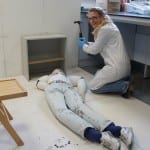
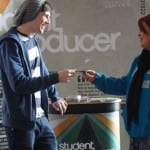

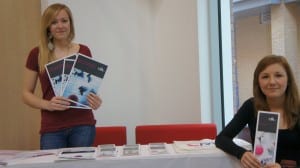
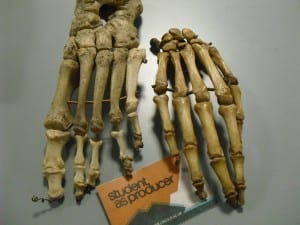
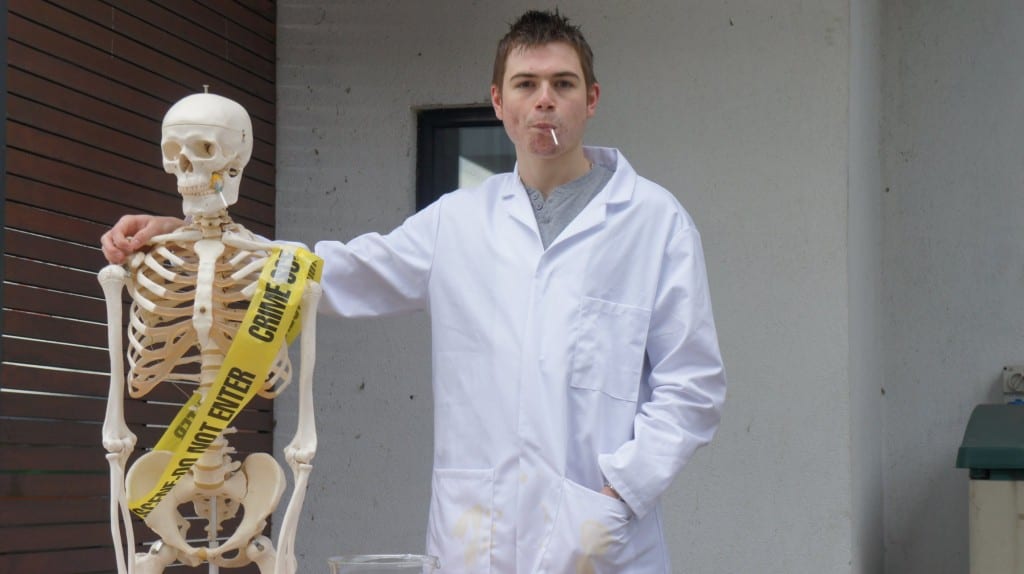
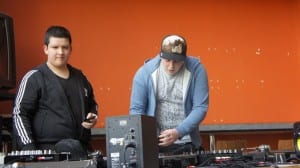
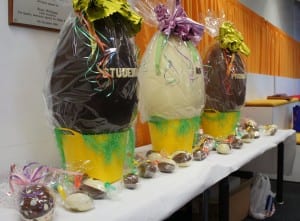
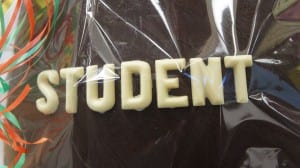
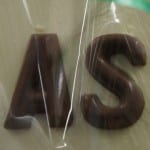
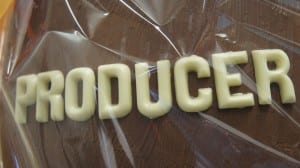
















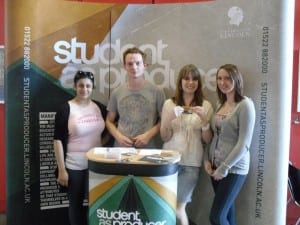
Comments are closed.